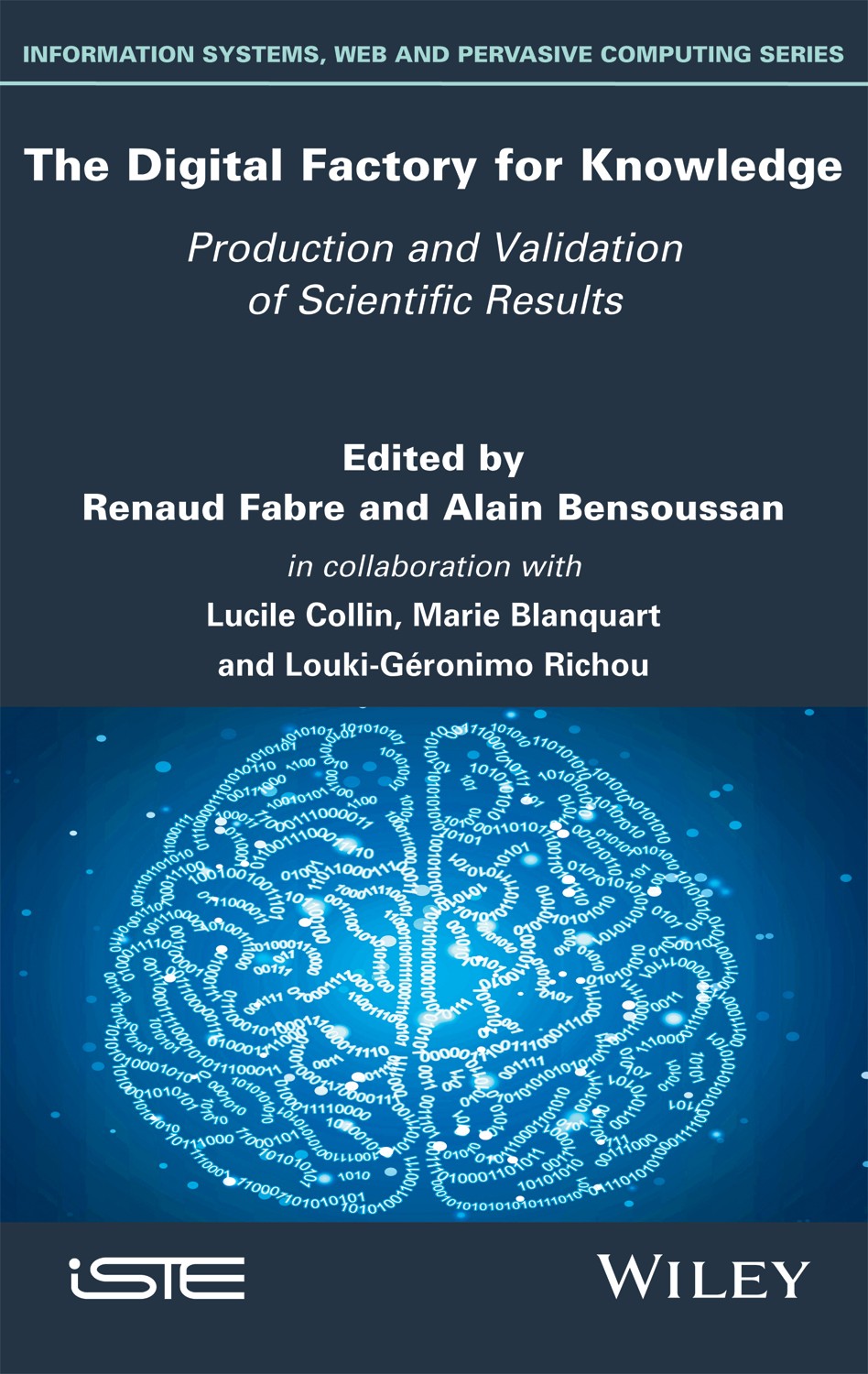
The tidal wave of new and digital technologies has not spared the field of scientific research. As a result of the economy’s shift towards the development of services and the spread of the production of data, two simultaneously opposing and complementary phenomena arise from the manufacture of knowledge by scientific researchers: the Open Science movement […]
The tidal wave of new and digital technologies has not spared the field of scientific research. As a result of the economy’s shift towards the development of services and the spread of the production of data, two simultaneously opposing and complementary phenomena arise from the manufacture of knowledge by scientific researchers: the Open Science movement and the need to valorize the results of scientific research.
This book responds to these changes and their consequences, utilizing new models of knowledge production, sharing, valorization and development, as well as models of association and retribution of Open Science actors. The models are based on innovative rules of traceability of individual and collective intellectual property, and the construction of meaning, storage and dissemination of data.
The digital sector, which drives and is driven by innovation and progress, is also a source of new social, legal and economic stakes. The authors of this book present, analyze and grasp these different stakes that researchers must face to maintain the standing of their research in the digital era.
Part 1. Scientific Resources and Data Economy
1. Data Production and Sharing: Towards a Universal Right?, Marie Blanquart, Thomas Descous and Ewen Huet.
2. Data: a Simple Raw Material?, Bertrand Peletier and Thomas Descous.
3. New Knowledge Tools, Christoph Lohschelder.
Part 2. The Knowledge Factory
4. Economic Models of Knowledge Sharing, Vincent Giacobbi.
5. From the Author to the Valorizer, Lucile Collin.
6. Valorization: a Global Geopolitical Stake, Marie Blanquart.
7. Focus: the Chinese Patent Strategy, Vincent Giacobbi.
8. Artificial Intelligence Policies, Maximilian Nominacher and Bertrand Peletier.
9. New Formulations of Results and New “Markets”, Louki-Géronimo Richou.
10. Open Science: a Common Good that Needs to be Valued?, Nicolas Massereau.
Appendix 1. Extract from the CNRS White Paper: “The Work of Science and the Digital Field: Data, Publications, Platforms. A Systematic Analysis of the Law for a Digital Republic”.
Appendix 2. Extract from the CNRS White Paper “Open Science in a Digital Republic: Studies and Proposals for Law Application. Strategic Application Guide”.

